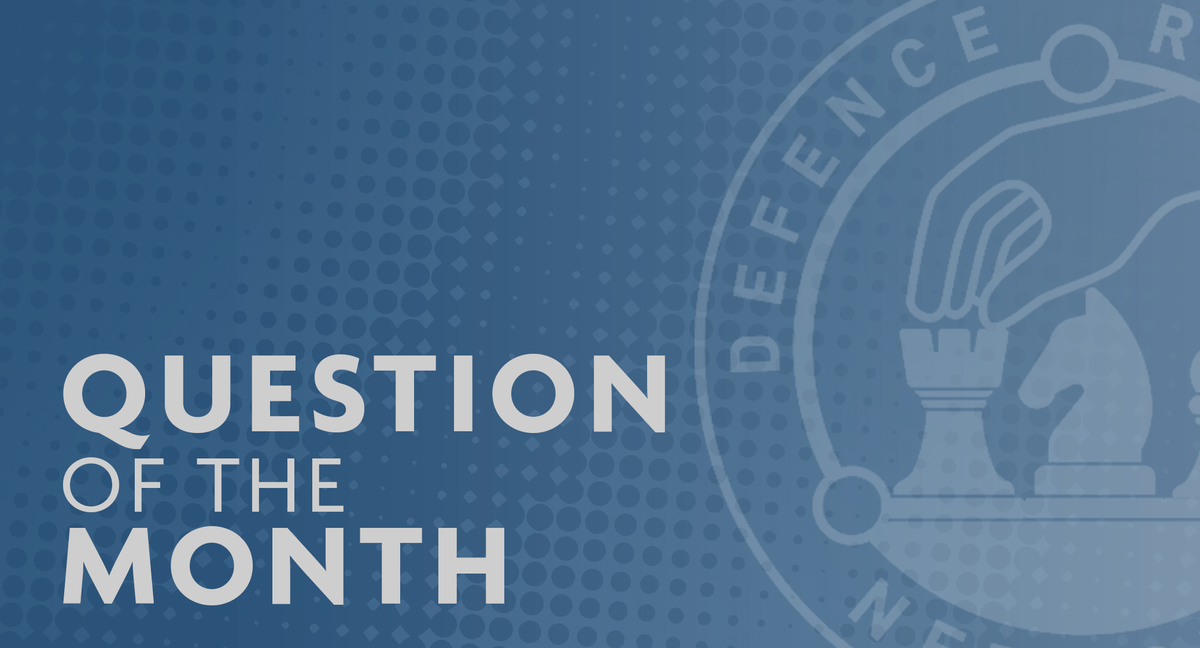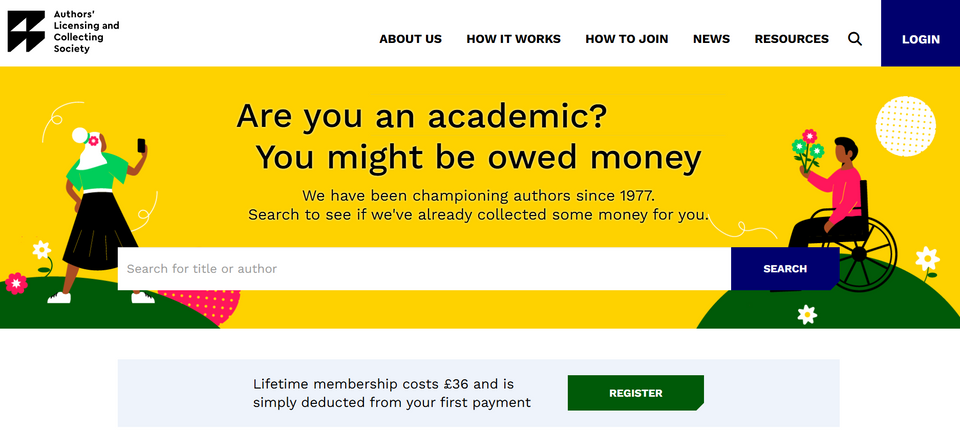What top tip would you give new researcher who is interested in researching with or about the military/defence?
We took to social media with our new question of the month, asking our community: 'What top tip would you give new researcher who is interested in researching with or about the military/defence?'

Thank you to those who contributed to our new feature - 'Question of the Month' - which replaces our #TwitterHour!
Here are the responses to January's question:
What top tip would you give new researcher who is interested in researching with or about the military/defence?
- I found some really useful reports and grey literate in the Forces in Mind Trust repository - worth a look.
- Building relationships, especially if you need approvals beyond your own institution. If you were in the military/defence, don’t hesitate to contact people you worked with in the past. Maybe they can help or perhaps they know who can. If you are a complete outsider, just reach out. People are generally interested in research, especially if it can help make the lives of their people better.
- When considering sites, don’t limit yourself to one particular location or unit. Consider who else does the same type or work or operates in a comparable environment.
- Be aware that researching defence often entails researching organised violence. This means thinking carefully about your research goals and potential impact. For instance, researchers often encounter some unintended consequences and ethical dilemmas when they examine more effective, efficient and legitimate forms of defence, which can contribute to the development of coercive capabilities, arms trade and weapons development.
- When thinking about the impact of your research (whether for a PhD proposal, grant application or journal article), consider reaching out to those researching or working with other sectors or in other settings. Whether other Uniformed Public Services or international contexts, there may be much you can learn from them and much you can share that will be of interest to them. This could be the start of a productive collaboration - formal or informal - that can build momentum to bring about change. It doesn't matter if your study if bound by region, time period, service, it can still have much to contribute to those outside your setting. Think big!
Our question for February is:
What forms of alternative research dissemination have you undertaken or participated in?




